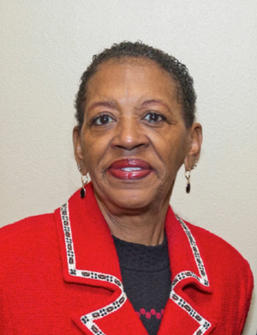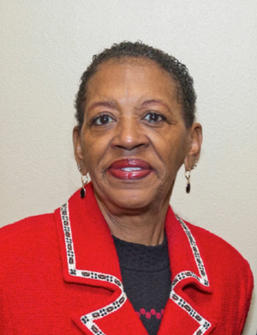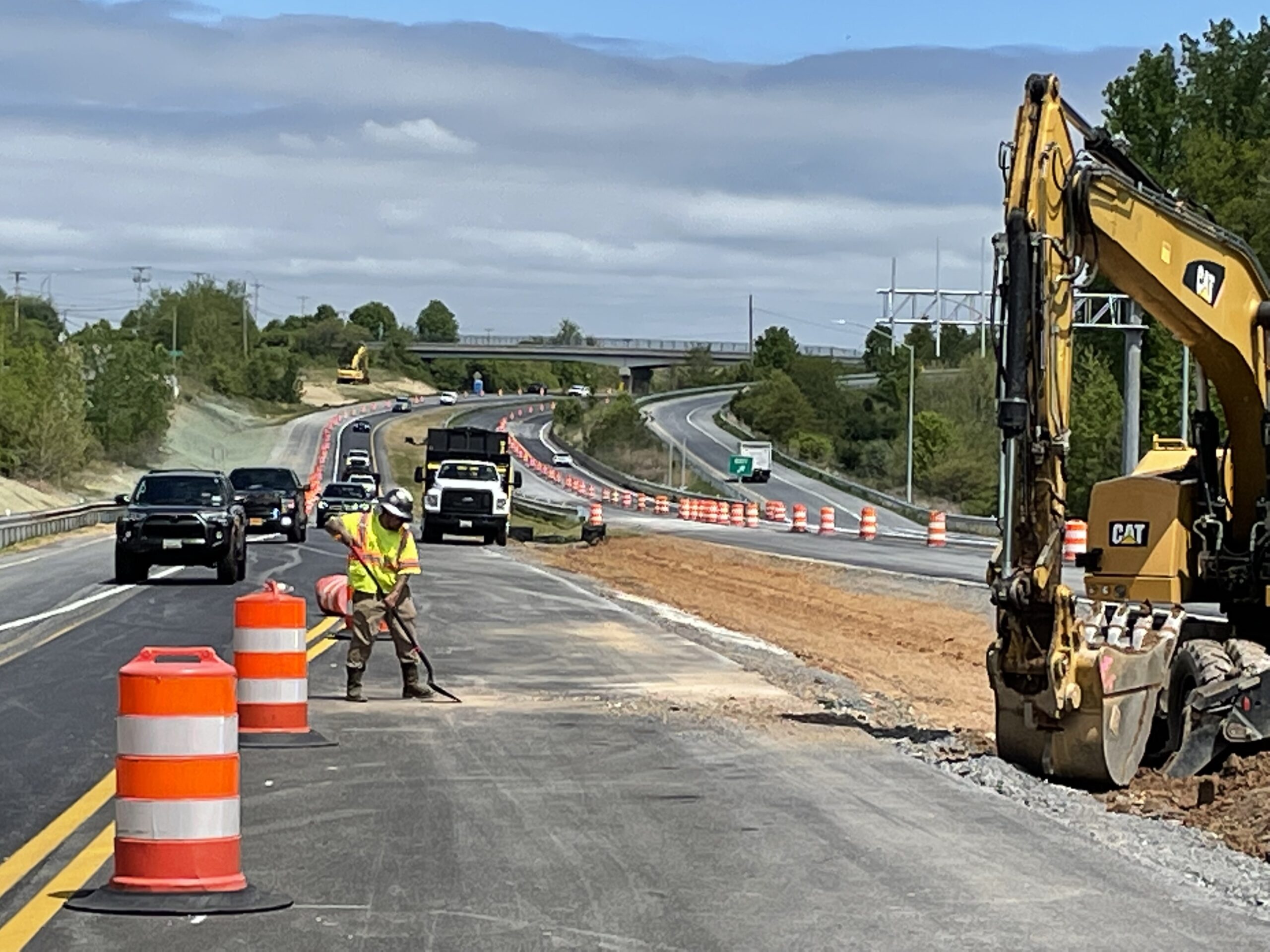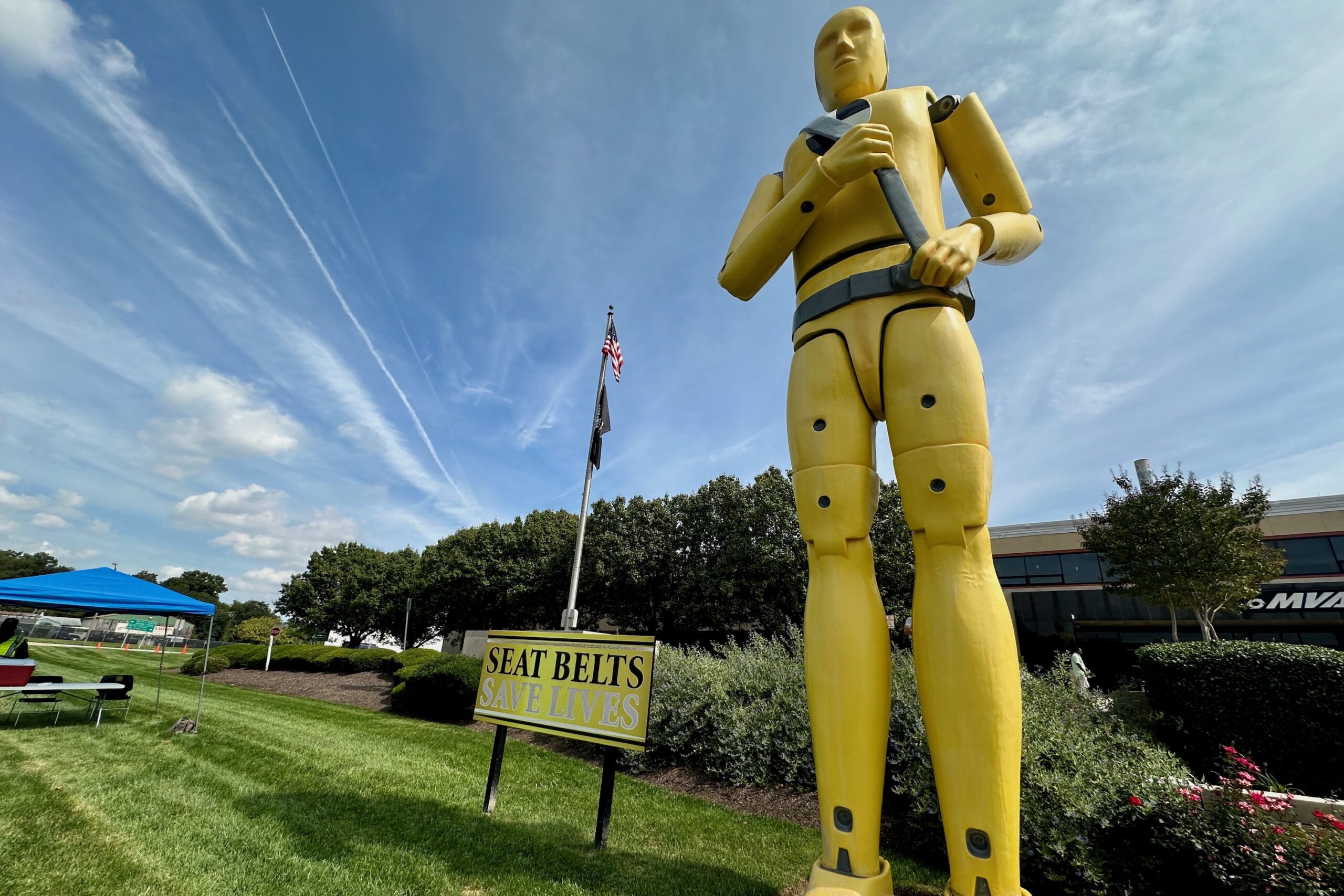Computer Glitch Impacting Voter Rolls Creates Pre-Primary Firestorm

A computer glitch at the Maryland Motor Vehicle Administration has prevented voter registration changes made by roughly 18,800 residents over the last 13½ months to be sent to the State Board of Elections for action – an announcement this weekend that brought near-immediate allegations of attempted voter suppression.
The MVA snafu means that some 18,761 voters who changed either their address or party affiliation using the agency kiosks or website without paying for other services, such as a new driver’s license, will have to use a provisional ballot to vote in Tuesday’s primary election.
The provisional ballot process, which has been used in Maryland since 2002, “has allowed thousands of voters to update an address, vote the correct ballot, and have that ballot count,” State Elections Administrator Linda H. Lamone said in a statement.
“No eligible voter will be denied the right to vote,” Lamone said in the statement, released as part of the announcement late Saturday night.
 Senate Education, Health and Environmental Affairs Chairwoman Joan Carter Conway Christine E. Nizer, administrator of the MVA, which falls under the Maryland Department of Transportation umbrella, apologized and said in a statement that her agency is “working closely” with the state elections board “to correct this issue and ensure it does not happen again.”
Senate Education, Health and Environmental Affairs Chairwoman Joan Carter Conway Christine E. Nizer, administrator of the MVA, which falls under the Maryland Department of Transportation umbrella, apologized and said in a statement that her agency is “working closely” with the state elections board “to correct this issue and ensure it does not happen again.”
“We regret that a programming error resulted in updated information not being sent to the State Board of Elections in time for the June 26 primary election,” Nizer said in her statement.
The announcement, however, drew fire from, among others, state Sen. Joan Carter Conway, the Baltimore Democrat who chairs the Senate’s powerful Education, Health and Environmental Affairs Committee, which oversees election issues.
Conway leveled charges that the failure to transmit the election registration changes was a deliberate action on the part of the administration of Republican Gov. Lawrence J. Hogan Jr. and pledged to hold a committee hearing in July on the matter.
“This is not a simple administrative oversight or clerical error,” Conway said in a statement. “It is an action by the Hogan administration which will confuse voters, suppress turnout, and disenfranchise thousands of Marylanders.
“Even worse, it may impact the outcome of close races up and down the ballot,” she said.
Conway said her committee would schedule a hearing next month “to hold the Governor’s team accountable for this mess, and to ensure it will not occur again on the eve of the general election.”
The chairwoman’s statement was released Sunday by the office of Senate President Thomas V. Mike Miller, the Calvert County Democrat who is no stranger to partisan hardball, indicating that her comments and proposed committee action has the presiding officer’s blessing.
Conway is in the fight of her political life in a primary bid for re-election to her 43rd District seat representing Northeast Baltimore against Del. Mary L. Washington, a former ticket-mate.
When confronted with Conway’s charges, Hogan’s office issued its own statement about the MVA hitch, denying that it was any more than a computer problem.
“The Hogan administration takes the right to vote extremely seriously, and no voter will be denied the franchise,” Amelia T. Chasse, the governor’s director of communications, said in the statement. “This was a computer programming error and nothing more.”
Chasse said the MVA and elections board have been “straightforward and transparent about how this error occurred and what is being done” to fix it.
“One can only conclude that [Conway] either isn’t aware of the facts or is choosing to ignore them to score political points,” Chasse said in the statement. “We will continue to ensure that MVA works closely with the Board of Elections to ensure that every step that can be taken will be taken to rectify this issue.”
Chasse called Conway’s allegations a “conspiracy theory is so absurd and hateful that it should not be dignified by a response” and said that the administration would “welcome an inquiry, as it will demonstrate this as nothing more than an unfortunate clerical error.”
But Conway was not alone in taking a shot at the Republican governor.
“Through either mismanagement or purposeful action, the Hogan administration has yet again engaged in actions that will lead to hardship and suppression of the most basic of democratic rights: the ability to vote,” state Sen. Richard S. Madaleno Jr., a Montgomery County Democrat running for governor, said in a statement.
“The ability for individuals to register through the Motor Vehicle Administration’s website or kiosks was meant to enhance voter participation, not potentially disenfranchise thousands,” said Madaleno, who is vice chairman of the Senate Budget and Taxation Committee.
He called on the General Assembly to exercise its “oversight duty to identify and correct this failure of the most basic of governance.”
The Maryland Democratic Party was more measured in its response.
Kathleen A. Matthews, the state party’s director, issued a statement saying that voters affected by the computer problem “are eligible to vote, even if your updated information does not appear in the poll book.”
“Affected voters should cast a provisional ballot at the polling place for their current address,” Matthews said. “Provisional ballots from eligible voters are counted.”
She also noted that party’s lawyers will be available on a voter protection hotline on election day to help voters experiencing problems. The hotline number is 1-888-678-8683.
Lamone said the State Board of Elections, an agency independent of the executive branch, has sent emails to those affected voters whose email addresses are on file with the MVA — more than 17,600 of those 18,761 who had attempted to change their voter registration between April 22, 2017 and June 5, 2018, using the MVA kiosks or website.
“I would encourage any voters who have been impacted to verify their voter registration information using SBE’s voter look-up website (https://voterservices.elections.maryland.gov/VoterSearch), ” Lamone said “If the website does not show the voter’s current address, a voter can use SBE’s polling place locator (https://voterservices.elections.maryland.gov/PollingPlaceSearch) to find the correct voting location for the voter’s new address.”
The address shown in the polling place locator “is where the voter should vote on election day,” she said.
Once there, the voter should use the provisional ballot to vote “for the correct candidates for federal, state, and local offices,” Lamone said.
Officials at local election boards will review all of the provisional ballots with an eye toward ensuring that the provisional ballots cast by these voters are counted, she said. The state board will verify that the address and party changes are processed and monitor the processing of the provisional ballots.
Affected voters with questions about their registration and what to expect on election day should call the State Board of Elections, 1-800-222-8683, 8 a.m. to 5 p.m., Monday, or 7 a.m. to 8 p.m., Tuesday, election day.




 Creative Commons Attribution
Creative Commons Attribution